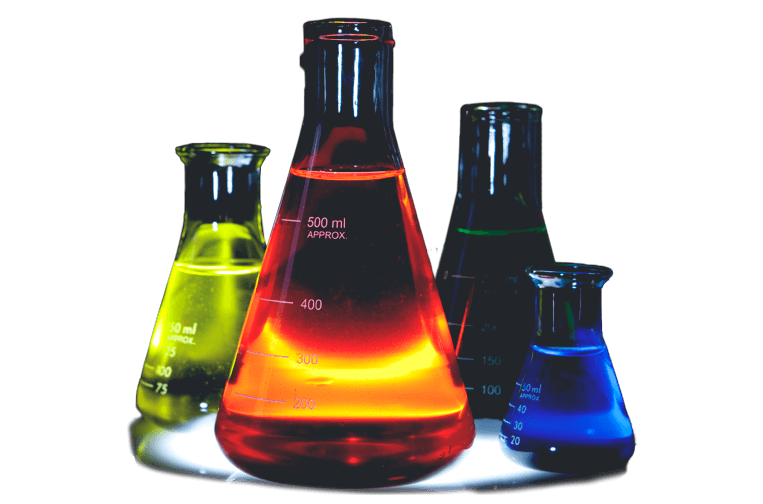CHALLENGE AND ENRICH YOUR THINKING AND UNDERSTANDING
The field of science is vast, but with our courses, students will have their thinking and understanding not just challenged but also enriched.
They will learn to question and to base their conjectures on science and facts, not on beliefs. Yet with all this, there will be a warmth and a humour that only tutors of the highest calibre can feel comfortable imparting.
BIOLOGY

Biology is very much a ‘living’ science and for that reason, the approach to the subject places a strong emphasis on the lessons that can be learned from practical investigation.
Classes involve microscopy, anatomy and experimental work and this can be aided by statistical analysis, as in the study of the genetic distribution of certain human characteristics, such colour blindness. Practical laboratory work provides an ideal opportunity for you to learn about collating and interpreting data, recording and reporting your findings concisely and arriving at effective solutions to problems..
CHEMISTRY

THE INTRUIGING STUDY OF EVERYTHING
This A-Level course starts you on a journey of knowledge, discovery and excitement that may lead you wherever your imagination will take you.
Chemisty gives understanding of the important issues that face your generation. Can you really evaluate climate change, genetic engineering, food and agricultural additives without the safety of medicine? Would you like to discover something no-one else has seen or touched before? With Chemistry, all this is possible and much more.
EXPLORE CHEMISTRYPHYSICS



In Physics, the ‘game’ is life, the universe and everything – and most of the rules are more obvious.
The theoretician tried to find a rule that describes what he sees. The experimentalist tries to devise an experiment to check the theory. When it all seems to work, a ‘rule’ is written and called a Law. Once we know the laws, we ought to be able to predict what will happen in different circumstances.
DISCOVER PHYSICSMATHS


In everyday, practical lives mathematics is indispensible. It can take the patterns it finds and use them to explain and control natural happenings and situations.
Mathematics is the oldest of the sciences and those who choose to study it as an A-level subject like its challenge, its clarity and its ability to reduce apparently complex problems into formulations from which analytical solutions can be obtained. Mathematics is all about logical analysis, deduction and calculation.
GET INTO MATHSFURTHER MATHS

In Mathematics, we have a universal language – valid, useful, intelligible everywhere in place and time.
– in banks and insurance companies, on the parchments of the architects who raised the Temple of Solomon and on the blueprints of the engineer who, with their calculus of chaos, master the winds. Here is a discipline of a hundred branches, fabulously rich, literally without limit in its sphere of application… here is a creation of the mind, both mystic and pragmatic in appeal.’
‘Mathematics and the Imagination’ Kasner and Newman (1979)
FURTHER MATHSPSYCHOLOGY




















